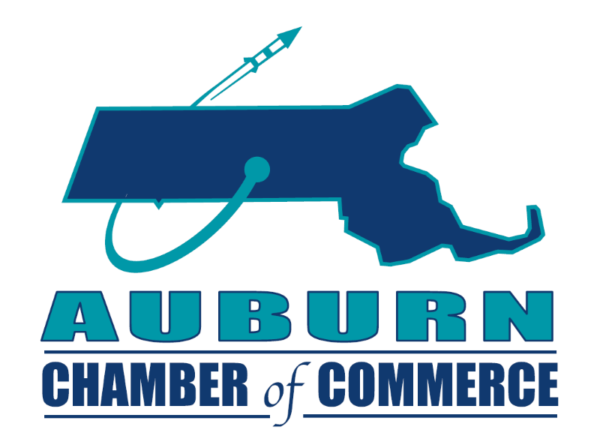Originally published in the Worcester Telegram July 19, 2020 – http://worcestertelegram.ma.newsmemory.com/?publink=05a2cc8d7
When states across the country shut down commerce, business owners still had to find ways to pay their employees, their rent/mortgages, and taxes. The government knew this could take down our economy and saw this as a huge problem and helped by initiating the Paycheck Protection Program. When putting food on the table, paying expenses to keep their businesses alive, and wondering when the commercial tax bill will arrive; many small business owners may be pushed over the edge. The reality of keeping their business open verses closing shop became a tougher decision more than ever before.
In Auburn, the Town Selectmen have either lowered or kept the commercial tax rate the same since 2006. The businesses in Auburn see this as an indication that the town sees values in the business community. Businesses in Auburn take pride in giving back to the community, by making donations to the local schools, town-sponsored charities, community sports sponsorships, town charity races, little league team sponsorships, fundraisers, Chamber programs that support mini-grants for teachers, and scholarships for graduating seniors, and the bi-annual Town Clean Up.
Why is the tax rate important?
There is a commercial and residential tax rate. For many residents, just hearing “lowing the commercial tax rate” is scary. Some immediately believe their property tax will go up if this happens. In reality, as the commercial tax rate lowers, there is an opportunity to attract more businesses to come into town, hence having more business help pay for the local Town budget for that fiscal year. If you have more businesses helping pay this bill, it lowers all taxes so both the residents and the businesses pay less. When local governments raise the commercial tax rate, it is a deterrent to businesses from coming into the town, and even may force some businesses to relocate to another place with a single tax rate to help with their bottom-line. As businesses leave, the residential property tax bill increases, due to less businesses contributing to the community’s fiscal budget. Towns like Grafton, Webster (in 2018), and Fitchburg (in 2019) moved to single tax rate, as they saw the importance of attracting and retaining their small businesses.
Alex Guardiola, the Worcester Regional Chamber of Commerce’s Director of Government Affairs and Public Policy stated, “Every fall the Auburn Chamber of Commerce argues that having a fair and equitable tax rate is essential to the recruitment and retention of businesses in the town. Because of COVID-19, this year’s tax classification vote will be even more important as many businesses closed for over three months with no income. Voting to continue to narrow the tax gap will be a lifeline that is essential to the sustainability of these businesses who have been hit extremely hard with the Governor’s closure order.”
As our local businesses look to recover from COVID-19, we hope that our local governments take the time and consider what it is going to take to keep our economy in recovery and eventually strong again, and one way to accomplish this is to keep lowering the tax rate till we see a single tax rate.

